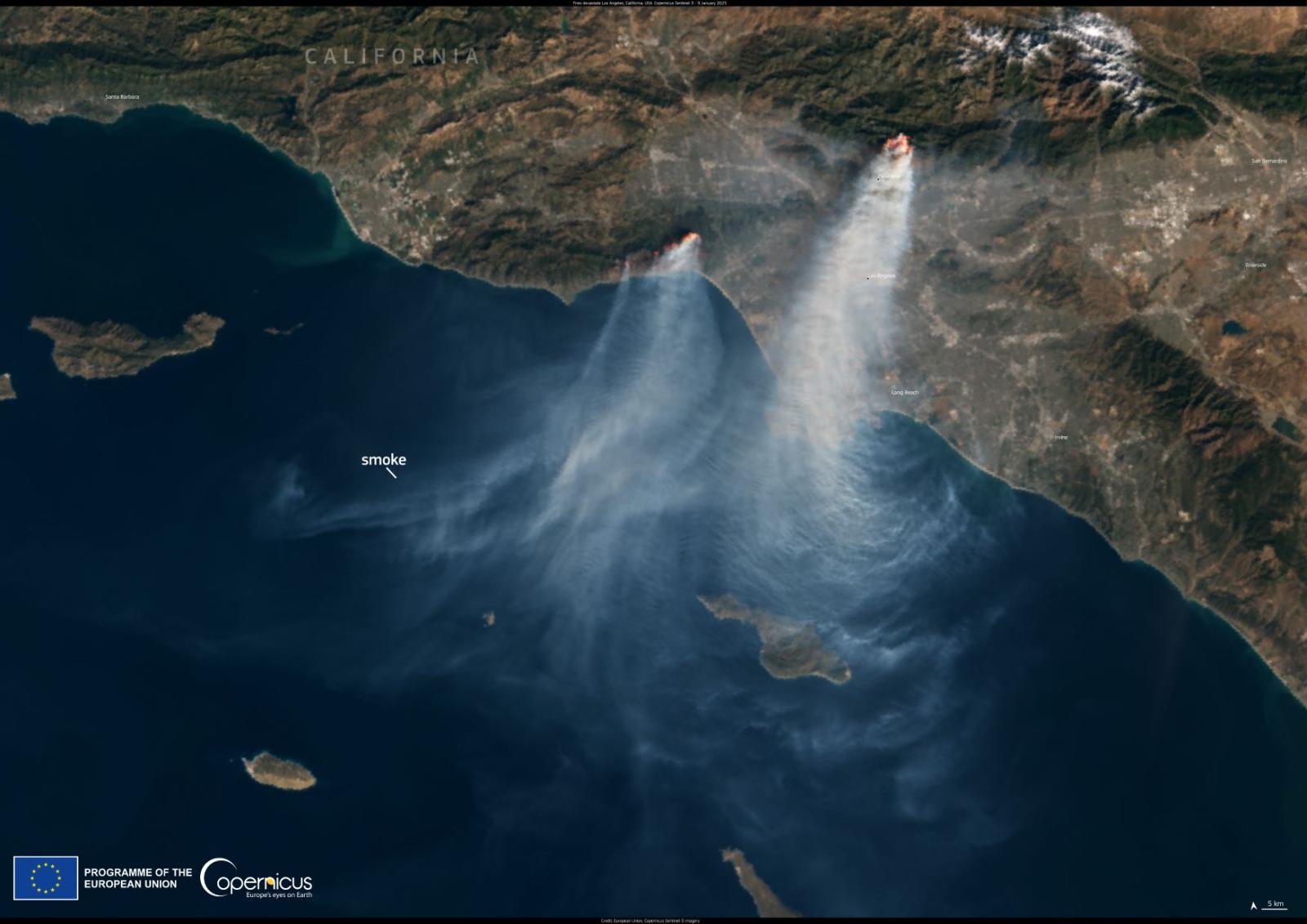Article published on the ASSET website
How many ways are there to tell a story and who will do it?
In these months we tried to answer those questions by running an analysis of the most relevant tweets and accounts about some key words, chosen by the editorial board, focused on Zika virus and vaccines.
We then developed an application to identify the most influential Twitter users on specific topics, according to a list of hashtag we have provided. Being based on mentions and retweets, such an approach is also effective in discovering influential users on the short period.
Every day, the app extrapolates the most popular accounts according to our key words. A daily analysis of the firsts 20 accounts allowed us to identify some main categories:
• Institutions
• Media
• Firms
• Researchers
• University, organizations, and charities.
We analysed over 500 accounts: 13 belong to public institutions (i.e. United Nations or House Foreign Affairs Committee), 94 to public health institutions (i.e. CDC and WHO) and 66 to employees of public institutions (i.e. Gregory Härtl – Head of Public Relations/Social Media for the World Health Organization – or Tom Frieden – CDC Director). Six accounts belong to politicians (mostly in US).
This study underlined a strong prevalence of media related accounts. Among 100 accounts, we found that 16 belong to medical or scientific journals (as The Lancet or PLoS), 80 belong to newspapers (as Forbes) and 120 to journalists.
18 of the most popular accounts belong to researchers; universities, charities and organizations were included in a single group of 40 accounts.
#Zika and #vaccine have been the most used hashtags. In particular, #Zika has been used by 455 accounts, while #vaccine was often used in association with other terms or some related concepts, like #vaccineworks, #immunisation and #autism.
Finally, we found that 63 accounts were “unknown people” that, in most cases, only produced a few tweets. Our app recognised them as influencers because of their interactions with some relevant accounts (most of the times CDC, which often replies when cited).
The absence of European accounts may be due on the one hand to the strong presence of #zika (whose spread is mainly focused in South America), and on the other hand to a smaller social presence of European institutions and media.



